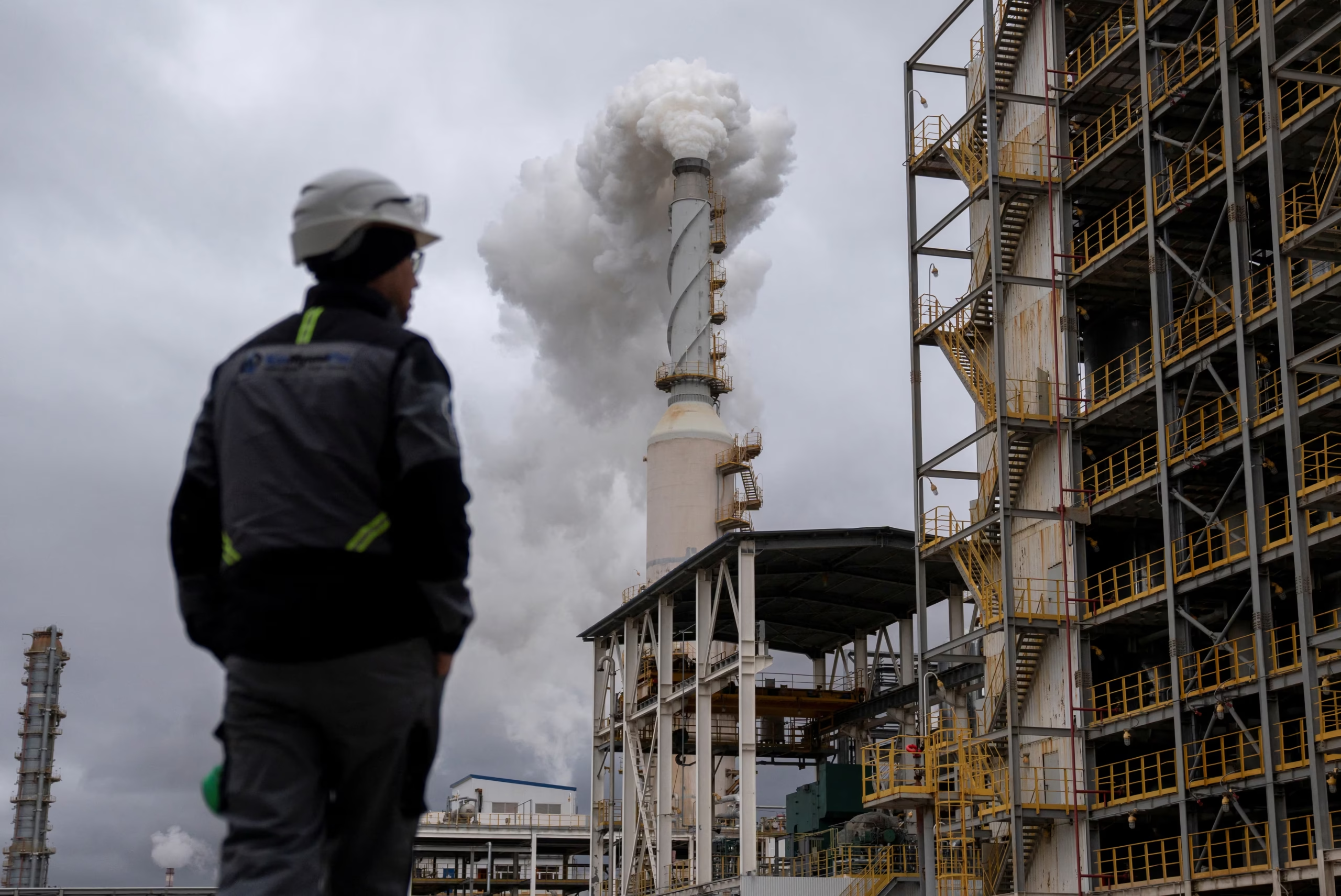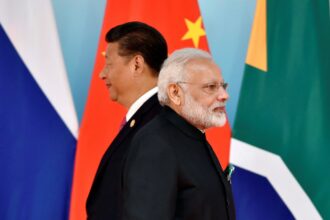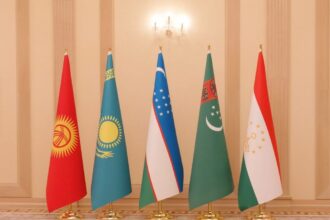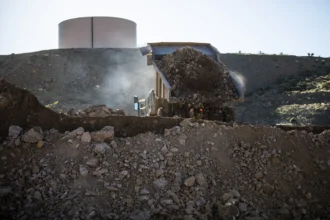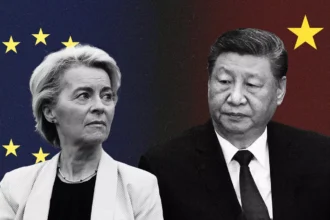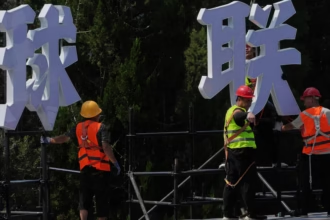Kazakhstan is taking a bold stance within the OPEC+ alliance, signaling resistance to proposed output cuts and instead preparing to increase its oil production in the coming months. The move highlights growing tensions within the producer group as nations weigh economic recovery against price stabilization.
Key Points:
1. Kazakhstan Seeks Production Growth
Kazakhstan’s energy ministry confirmed plans to raise oil output, citing improved infrastructure, rising domestic demand, and a strategic push to boost national revenues. This goes against the broader OPEC+ strategy of curbing supply to maintain higher global oil prices.
2. Conflict with OPEC+ Strategy
While OPEC+ has urged restraint and collective discipline amid fragile demand recovery, Kazakhstan’s unilateral decision introduces friction. Analysts note that this could weaken the bloc’s ability to keep prices stable if other members follow suit.
3. Economic Pressures at Play
Kazakhstan is under pressure to grow its economy, support its budget, and attract foreign investment — all of which benefit from higher oil exports. Officials argue that increased production is essential to meet fiscal goals.
4. Diplomatic Balancing Act
Kazakhstan has historically played a cooperative role in OPEC+, but its latest move tests that alignment. Officials claim they still respect the alliance’s overall objectives while seeking “flexibility” to pursue national interests.
Why It Matters:
- Market Impact: Rising Kazakh oil exports could put downward pressure on global prices if not balanced by other cuts.
- OPEC+ Unity: Kazakhstan’s push may embolden other smaller producers to deviate, complicating collective discipline.
- Energy Geopolitics: This decision reflects how energy policy is increasingly shaped by domestic priorities over global coordination.

